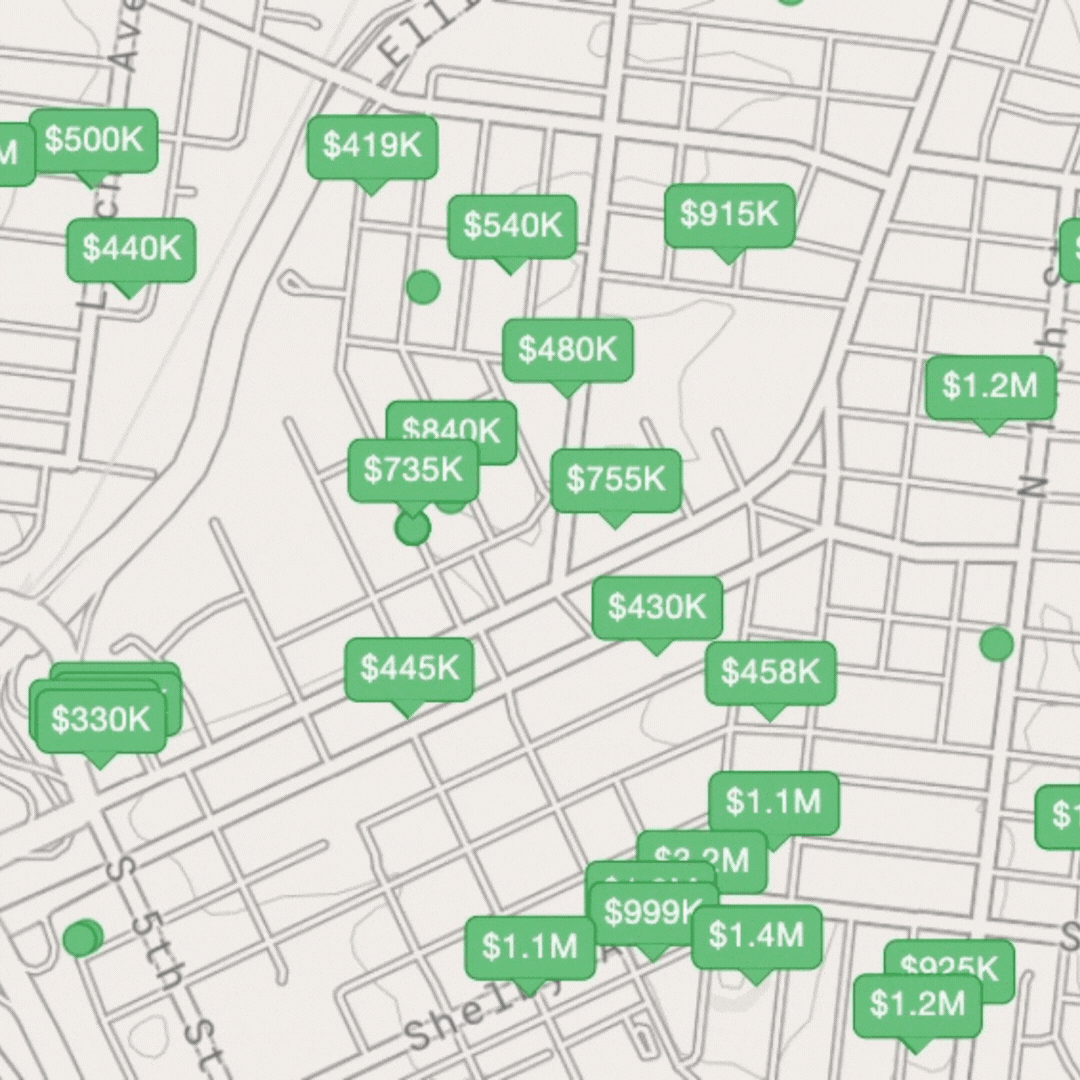Here’s a wonderful article I found on the Inman News Network. As an agent who frequently sells Nashville condominiums, I can absolutely vouch that condo financing is a tricky and ever-changing business, though I’d like to reiterate that in the article, the agent in reference appears to be an on-site sales agent. When purchasing new construction it is always advisable that you retain your own Buyer’s Agent for representation. There is no additional fee and your agent MUST hold your interests above all else. Plus it’s illegal for your agent to receive kick-backs from lenders or service providers….
 Q: I am interested in a condo building in Astoria, N.Y., that was built this year. The real estate agent kept pushing her bank on me, saying that no other bank will lend me money unless there are at least 50 percent to 70 percent sold units. The building currently has 15 percent of its units in contract. What does the agent get out of me using her chosen bank? Is it true that there are no banks anywhere that would lend me money now that only 15 percent are in contract? –Liam, Queens, N.Y.
Q: I am interested in a condo building in Astoria, N.Y., that was built this year. The real estate agent kept pushing her bank on me, saying that no other bank will lend me money unless there are at least 50 percent to 70 percent sold units. The building currently has 15 percent of its units in contract. What does the agent get out of me using her chosen bank? Is it true that there are no banks anywhere that would lend me money now that only 15 percent are in contract? –Liam, Queens, N.Y.
A: New condo buildings are a very different animal, from a financing perspective, than almost any other real estate purchase. It is absolutely correct that almost no lender will extend mortgage money on a building until it has passes the point where 50 percent of its units are sold (or pre-sold) and some lenders require that more than 70 percent of units be sold.
Clearly this creates a chicken and egg dilemma: How is a building supposed to get the first units sold without having the prerequisite sales? Generally, the resolution to this dilemma is for the building developer and its sales representative to have set up an arrangement with a particular bank whereby the bank finances the first buyers in exchange for the virtually guaranteed business of these buyers’ loans.
It sounds like you felt you were being pressured into using a particular bank to finance your purchase. At the very least, you probably perceived pressure by the fact that you were being told this was your only option.
The fact that you perceived this pressure, while unpleasant and even seemingly sketchy, does nothing to diminish the fact that the agent was absolutely correct — at the beginning of unit sales, the building’s preferred lender(s) is/are virtually always the only available option(s) for financing on today’s market
To be clear, it is illegal for a builder to require that you work with a particular mortgage bank, but that doesn’t change the fact that it is highly likely that no other bank will make the loan you need.
So, what’s in it for the agent? Two things, maybe three. First, the broker and/or the builder may (or may not) actually get some sort of referral fee from the lender, or may be partners of some sort with the lender in a business arrangement. If so, any business affiliation or relationship between agent or builder and the bank must be disclosed to you by law, under the Real Estate Settlement Procedures Act. Additionally, if the builder employs the broker/agent, the builder may actually pay its employee a bonus for referring your business to a particular lender.
Second, the broker would like to actually make the sale. She knows that working with this particular lender is the only way this sale will get done, so if you reject that, you’re not likely to be able to buy a unit. On a related note, the agent would like to make the sale as painlessly as possible. Chances are she’s worked with more would-be buyers than you who are resistant to working with her lender for whatever reason.
She’s seen them go through the life cycle of skepticism and distrust, arguing with her representation that it can’t be done via another lender, spending days or weeks trying to see if they can get another lender to do it, and then, only after all that, returning to buy using the building’s lender. If she could effect your transaction without all that upheaval and sour feelings, she would prefer to do so, I’m certain.
But there’s one question you didn’t ask that I think you should: What’s in it for you to work with her lender? I can’t really think of a good reason for you not to work with her lender. Obviously, you don’t want to pay above-market interest rates or fees.
But the reality of this market is that often in these situations where you finance a home from the builder’s “preferred” lender, it offers — or you can negotiate — incentives like closing-cost credits, homeowners association dues waivers or credits, and reduced fees when you do work with this lender. This is especially the case where the builder is really motivated to get the building’s units spoken for.
I encourage you to look for the potential perks you might stand to gain from this situation, rather than expecting only that there are disadvantages to working with the building’s lender.
Tara-Nicholle Nelson is author of “The Savvy Woman’s Homebuying Handbook” and “Trillion Dollar Women: Use Your Power to Make Buying and Remodeling Decisions.” Tara is also the Consumer Ambassador and Educator for real estate listings search site Trulia.com. Ask her a real estate question online or visit her website, www.rethinkrealestate.com.

